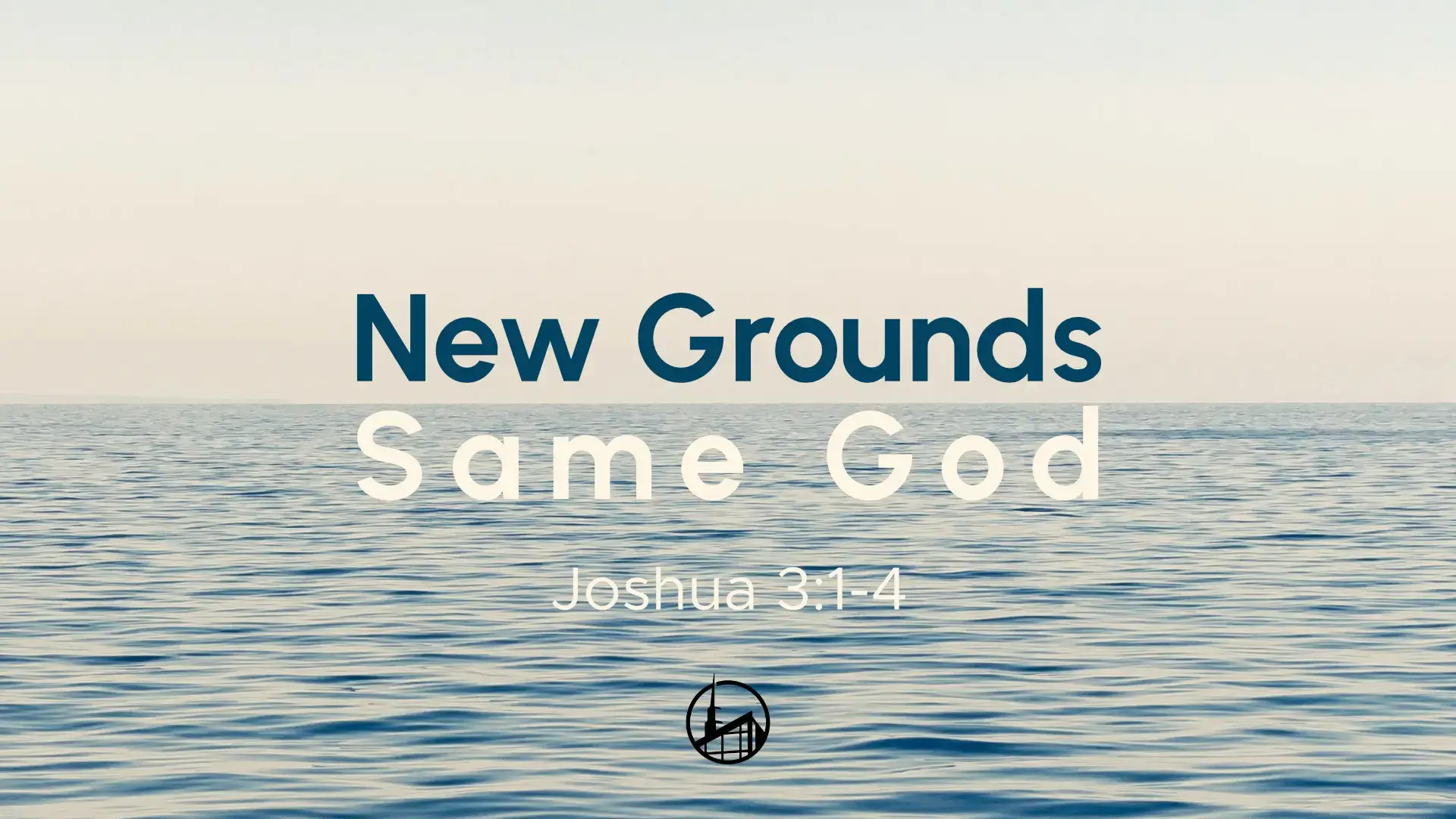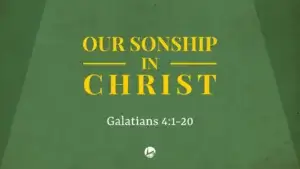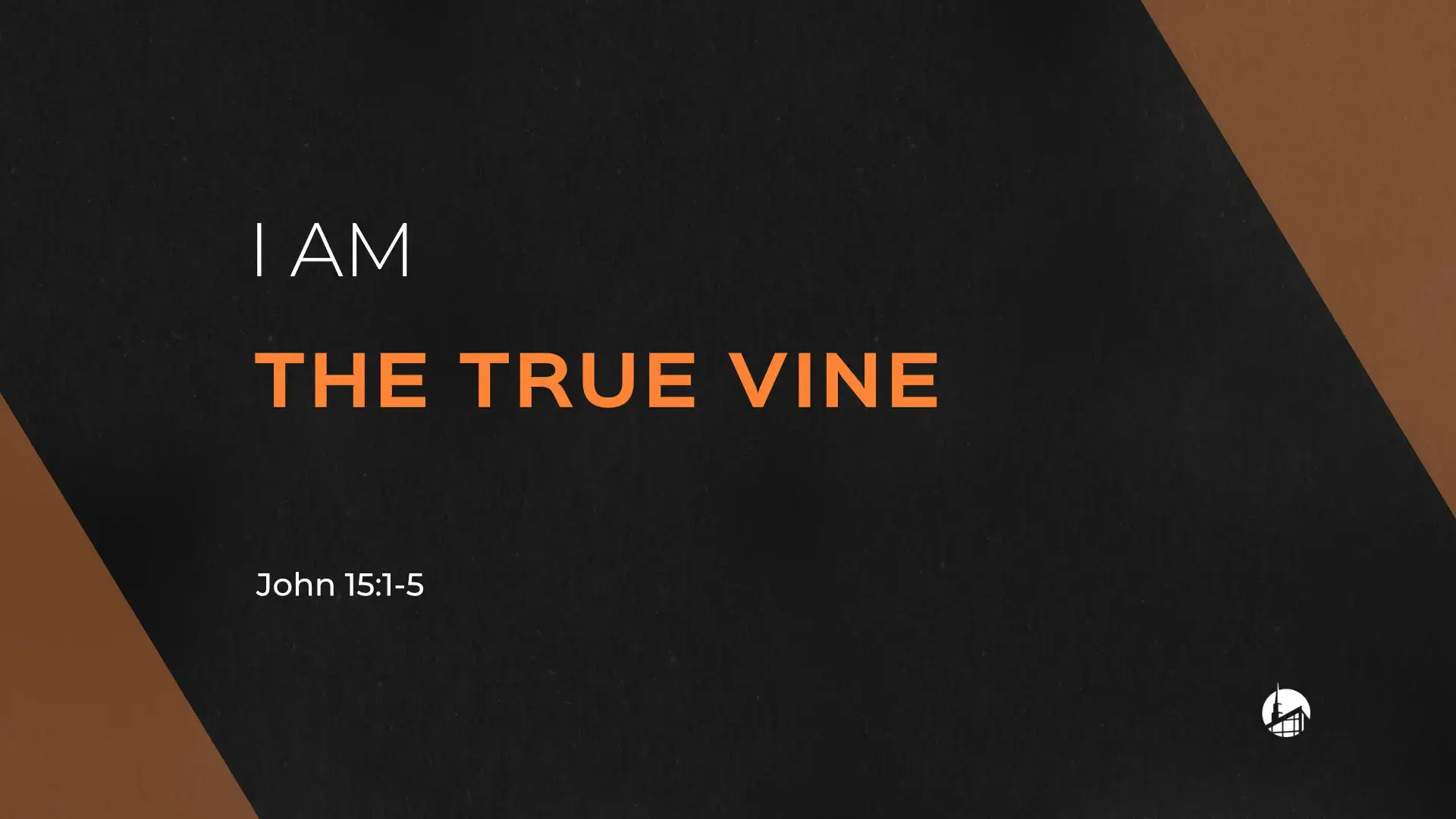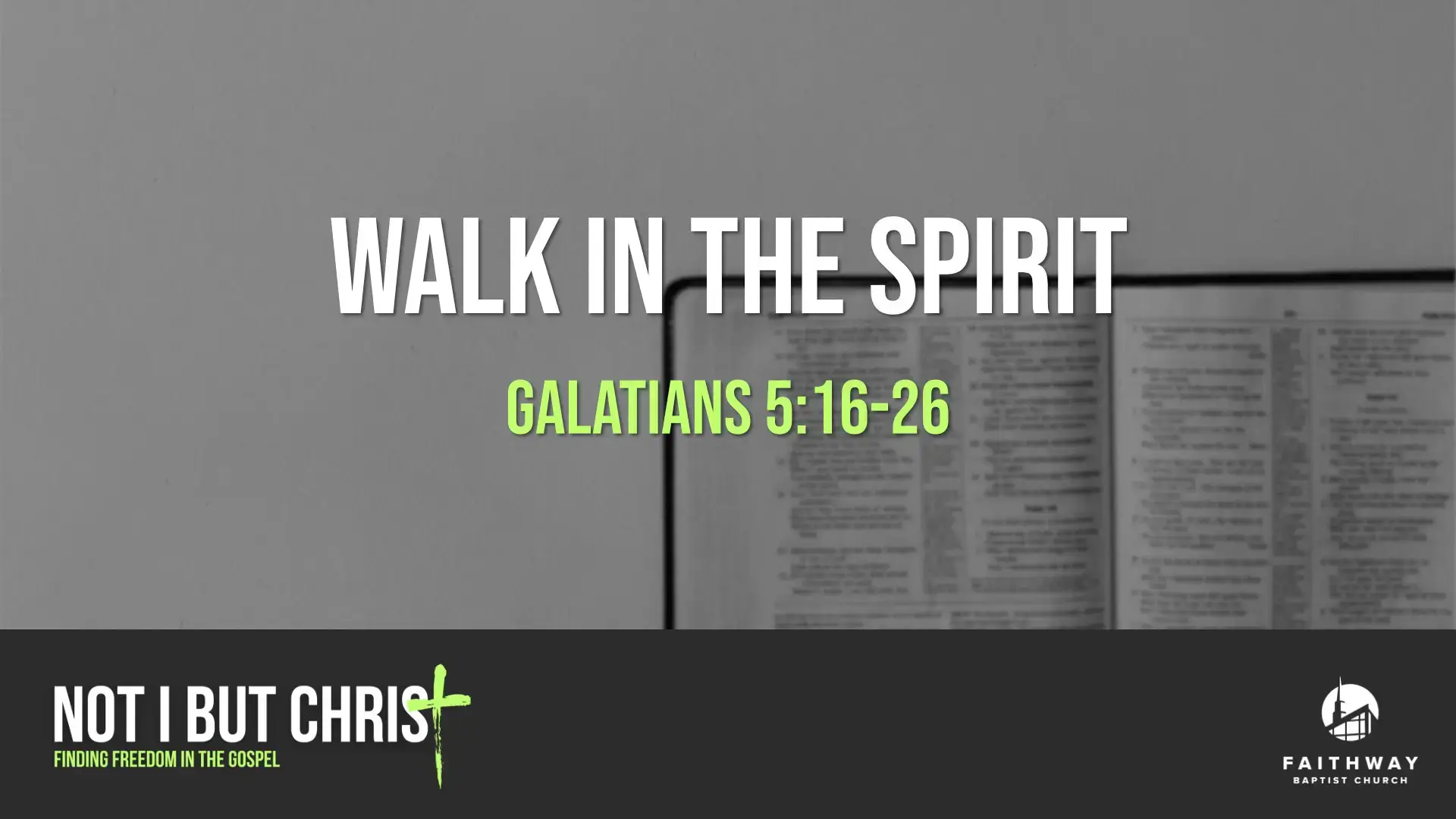Change can be daunting. Whether it’s a shift in leadership, a personal transition, or stepping into unfamiliar spiritual territory, the unknown often stirs fear and uncertainty. In Joshua 3-4, we encounter a pivotal moment for the people of Israel—a moment filled with challenge, but also overflowing with God’s presence and power. As they prepared to enter the Promised Land, Joshua, their new leader, stood in the shadow of Moses, facing a raging river and the weight of an entire nation’s future.
This passage offers more than a historical account—it gives us a powerful blueprint for how to move forward when we face “new ground” in life. With God leading the way, the insurmountable becomes possible. This article explores three key truths from this chapter: the legacy of faithful leaders, the call to obedience and faith in the face of obstacles, and the importance of remembering God’s past faithfulness as we step into the future.
1. An Impressive Example: Moses (Joshua 3:5–7)
As the Israelites stood on the brink of the Jordan River, preparing to enter the Promised Land, the weight of leadership rested heavily on Joshua’s shoulders. Just prior, Moses—the man who had led them out of Egypt, spoken face to face with God, received the Ten Commandments, and guided them through 40 years in the wilderness—had passed away. Joshua now stood in his place, with the enormous responsibility to lead God’s people forward.
God comforted Joshua with a powerful promise: “As I was with Moses, so I will be with thee” (Joshua 3:7). While Moses left an extraordinary legacy, his story also included failure. Despite his mighty works, Moses was denied entry into the Promised Land due to his disobedience. This served as both a warning and encouragement. God uses flawed vessels. His work is not dependent on perfection, but on obedience.
This truth is critical for every believer today. Often, we disqualify ourselves from serving God because of our past mistakes or our perceived inadequacies. But God has always delighted in using the unlikely—the weak, the broken, the redeemed. Think of Rahab, Samson, David, Paul, Peter. Their stories remind us that God is not impressed by perfection; He seeks obedience and availability.
Church is not a spectator sport. Every believer has a part to play in the body of Christ. If we choose to withdraw because “someone else can do it better,” we rob ourselves—and the church—of God’s intended blessing. Let Moses’ life remind us of both the high calling of faithful leadership and the sobering reality of disobedience.
2. An Insurmountable Obstacle: The Jordan River (Joshua 3:8–17)
The next challenge Joshua faced was physical and overwhelming: the Jordan River. At the time of harvest, the river overflowed its banks, making it both deep and wide—an estimated 100 feet across and 10–15 feet deep, with a strong current. For a nation of over a million people, including children, livestock, and the elderly, crossing such a barrier was humanly impossible.
But God does not flinch at impossibilities.
God instructed the priests carrying the Ark of the Covenant—the symbol of His presence—to step into the water first. Only after their feet touched the floodwaters did God perform a miracle: the waters halted and piled up in a heap far upstream, and the Israelites walked across on dry ground.
This moment was not just about crossing a river. It was about faith. Unlike at the Red Sea, where Moses simply raised his staff, this time the priests had to step into the water first. God required faith in action.
Our obedience to God often demands steps of faith before we see the outcome. Faith precedes the miracle. In the same way, if we want to see God move in our lives, in our churches, or in our communities, we must be willing to step out when God says go—before the waters part.
Three principles prepared the Israelites for this miracle:
- Obedience: They followed God’s instructions to the letter.
- Sanctification: Joshua told the people to “sanctify yourselves” (Joshua 3:5). That meant setting themselves apart for God—purifying their hearts and preparing their minds.
- God’s Presence: The Ark went before them, symbolizing that God Himself was leading the way.
When these elements are in place—obedience, consecration, and God’s presence—there is no obstacle too great for our God to overcome.
3. An Incredible Reminder: God’s Faithfulness (Joshua 4:19–24)
After the miraculous crossing, God gave a final instruction: set up a memorial of twelve stones taken from the middle of the Jordan. These stones would serve as a lasting reminder for future generations of what God had done.
“When your children shall ask their fathers… What mean these stones? Then ye shall let your children know…” (Joshua 4:21–22). The purpose of the stones was not just to remember the event, but to pass on the knowledge of God’s faithfulness.
We are forgetful people. In a constantly changing world, where uncertainty surrounds us and new challenges emerge every day, we must intentionally recall and recount the ways God has come through for us. He keeps His promises. He is able. He is the same yesterday, today, and forever.
For the Israelites, the crossing of the Jordan was a moment that marked the beginning of a new chapter. But that chapter needed to be rooted in remembrance. Likewise, as we move into new seasons—personally or corporately—we must look back at the stones in our own lives and point others to them. We must share our testimonies of how God provided, sustained, and delivered.
It is also our responsibility to prepare the next generation. Christianity is never more than one generation away from extinction. If our faith is optional to us, it will likely be irrelevant to them. We must model authentic faith, speak often of God’s works, and intentionally invest in raising up the next generation of believers.
Conclusion
Joshua faced an intimidating legacy, an impossible river, and the weight of national responsibility. But through it all, God showed Himself faithful. As Joshua stepped into leadership, he discovered that the same God who was with Moses was with him too. The same God who parted the Red Sea parted the Jordan. The same God who gave promises was faithful to fulfill them.
We may be stepping into unfamiliar territory. The challenges ahead may be new to us. But the God who leads us remains unchanged.
Whatever new ground you’re facing—whether in your family, church, job, or calling—remember: New Grounds. Same God.
He still goes before you.
He still parts the waters.
He still keeps His promises.











